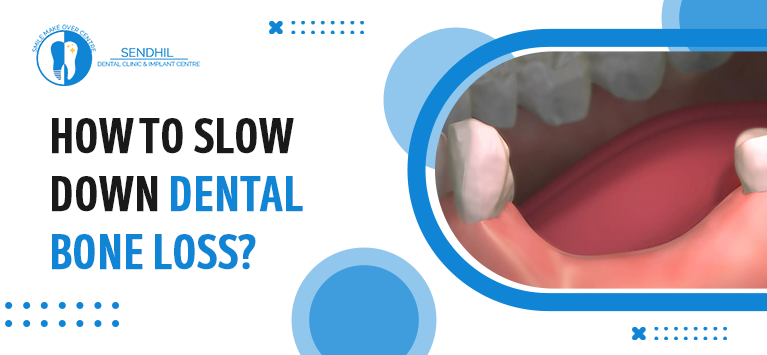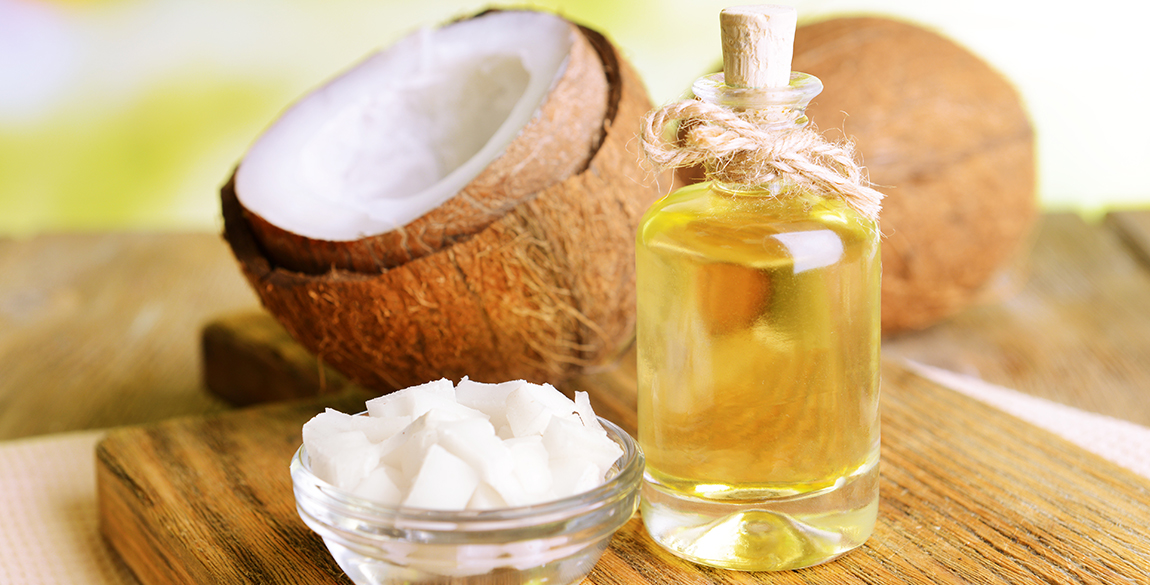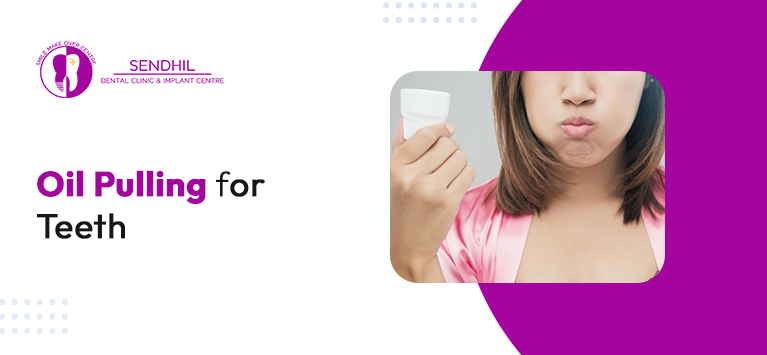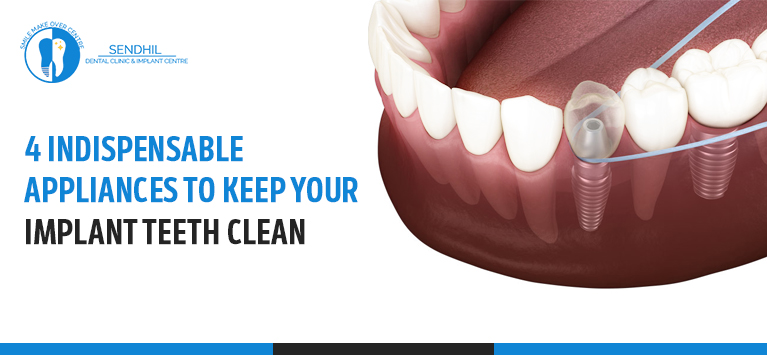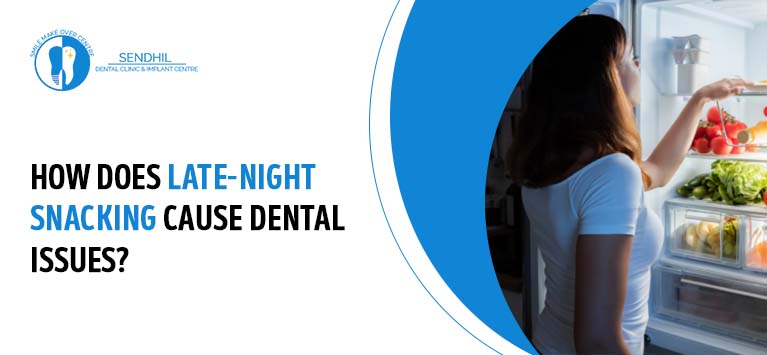What you should know about saliva substitute?
Saliva Substitutes are defined as artificial saliva that moistens and lubricates the oral tissues when our mouth does not produce enough saliva. People with salivary gland dysfunction can use this to temporarily moisten their mouth.
The manmade form of this saliva is not identical to the natural saliva our body makes. But the products contain essential elements like cellulose derivatives, buffering agents and others to promote wet conditions in the mouth for a while.
Table of Contents
Why saliva substitutes are important?
Saliva is essential for the well-being of our dental health as well as our digestive process.
The fluid contains the minerals and nutrients to keep our teeth strong. Moreover, saliva takes care of cleansing the mouth by expelling the bacteria present in our mouth. Shortage in salivary flow leads to oral bacteria thrive which causes dry mouth.
People suffering from dry mouth are highly prone to bad breath, canker sores, tooth decay and other dental problems.
Drinking more water to replace saliva is not a wise option because it cannot moisten the teeth and oral mucosa for a long time as the saliva does.
Hence Dentists recommend saliva substitutes as an option to moisten our mouth.
How should you take saliva substitutes?
You can get salivary substitutes in various forms: gel, powder packets, tablets, etc.
1) Saliva Stimulating Lozenges

Lozenges are the medicated tablets that contain sweet taste. You have to suck it in your mouth until it dissolves completely. Vicks and Strepsils are the popular lozenges that are taken to treat throat problems.
Similarly, saliva stimulating lozenges are also available to temporarily moisten the oral tissues.
2) Gel
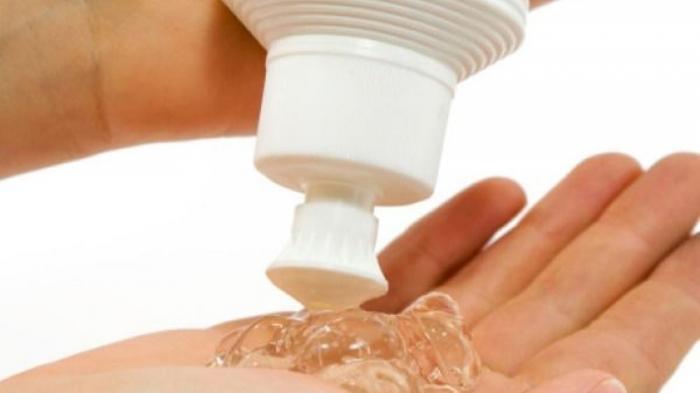
You have to apply the gel over the tongue.
3) Saliva stimulating powder
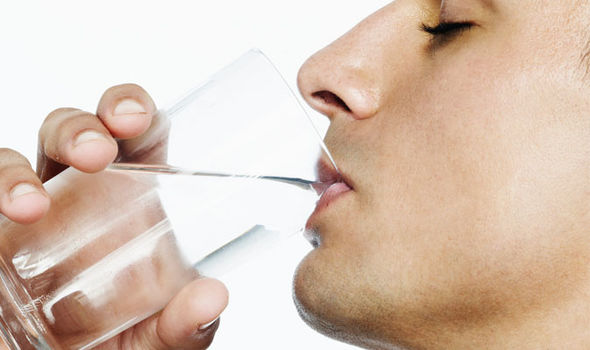
Mix the powder and water in the prescribed proportions. Swish your mouth with this solution for a few seconds and spit it out. If needed, repeat the process for 2 or 3 times.
4) Liquid

Generally, the liquid form of artificial saliva is available as sprays. Shake the bottle before you use it. Then spray it in your mouth as specified in the bottle or prescribed by your dental doctor.
Note: Make sure the saliva substitute drops do not fall in your eyes. If the liquid falls accidentally in the eyes, rinse your eyes with cold water.
Does saliva substitute cause side effects?
Overdose of any medication will cause side effects. It is apt for artificial saliva also.
The side effects and other potential risks associated with saliva substitutes are rare cases. They might happen because of the body’s allergic reaction or excessive use of the saliva substance.
The allergic response or overdose of this substance can be identified with some side effects as follows:
- Red and swollen skin
- Trouble in breathing
- Difficulties in speaking and swallowing
- Tightness in the throat
- Wheezing
- Bad taste
- Swelling in the orofacial regions like face, jaw, neck
When you notice these problems or others after taking saliva substitute, consult your dentist immediately.
Alternative Solution
As mentioned early, the moisture or wet environment provided by the saliva substitutes are temporary and cannot give long-lasting relief.
The sufferer needs to spray or take the liquid at regular intervals. It is quite hard to consume this while sleeping or on a long journey. Right?
In such cases, you can use Xylimelts. It consists of cellulose gum, xylitol and other natural additives to stimulate saliva.

You have to stick it on the gums, cheeks or other desired location inside your mouth. It lasts for 4 to 6 hours when you sleep.
Bottom line
Reduced salivary flow affects our oral health in an adverse manner. Stimulating saliva artificially with saliva substitutes is a common approach to protect our mouth from dry mouth and its consequences. You should follow the instructions mentioned in the product to avoid the side effects.


